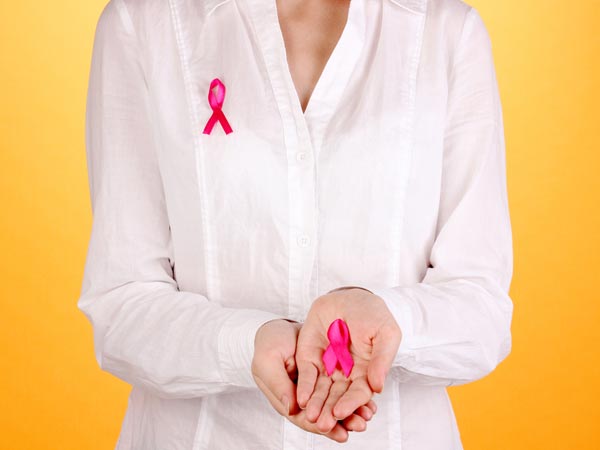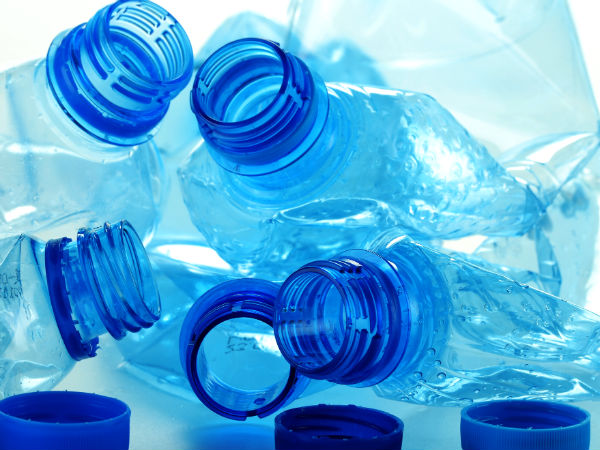Just In
- 2 hrs ago

- 6 hrs ago

- 10 hrs ago

- 10 hrs ago

Don't Miss
- Sports
 Why camera zoomed in on IPL 2024 coin toss after Sam Curran flipped it in front of Hardik Pandya in Mullanpur?
Why camera zoomed in on IPL 2024 coin toss after Sam Curran flipped it in front of Hardik Pandya in Mullanpur? - Finance
 1:2 Bonus, Rs 401/Sh Dividend; Tata's NBFC Stock Falls On Big Update Related To Dividend Recommendations
1:2 Bonus, Rs 401/Sh Dividend; Tata's NBFC Stock Falls On Big Update Related To Dividend Recommendations - Movies
 Pranali Rathod New Show: Yeh Rishta Kya Kehlata Hai Star Signs Next Project Of Jhanak Makers? DEETS
Pranali Rathod New Show: Yeh Rishta Kya Kehlata Hai Star Signs Next Project Of Jhanak Makers? DEETS - News
 Lok Sabha Election 2024: Polling Underway For One LS Constituency And 32 Assembly Seats In Sikkim
Lok Sabha Election 2024: Polling Underway For One LS Constituency And 32 Assembly Seats In Sikkim - Automobiles
 India's Elections Trigger Airfare Surge in Tamil Nadu
India's Elections Trigger Airfare Surge in Tamil Nadu - Technology
 TSMC's Global Expansion Could Drive Up Chip Costs, Making Tech More Expensive
TSMC's Global Expansion Could Drive Up Chip Costs, Making Tech More Expensive - Education
 Karnataka SSLC Result 2024 Soon, Know How to Check Through Website, SMS and Digilocker
Karnataka SSLC Result 2024 Soon, Know How to Check Through Website, SMS and Digilocker - Travel
Telangana's Waterfall: A Serene Escape Into Nature's Marvels
This Common Plastic Chemical Increase Breast Cancer Risk
An endocrine-disrupting chemical commonly found in polycarbonate hard plastics, currency bills and thermal paper receipts may potentially interfere with the body's hormones to increase the aggressiveness of breast cancer, a new study has showed.
Bisphenol S (BPS), a substitute for the chemical bisphenol A (BPA) in the plastic industry, acts like estrogen in multiplying breast cancer cells.

Most breast cancers are estrogen receptor positive, and, according to the National Cancer Institute, 55 to 65 per cent of women who inherit a harmful mutation in the BRCA1 gene -- will develop breast cancer.
"If a woman has a mutated BRAC1 gene and uses products containing BPS, her risk for developing breast cancer may increase further," said principal investigator, Sumi Dinda, Associate Professor at Oakland University in Michigan.

"Despite hopes for a safer alternative to BPA, studies have shown BPS to exhibit similar estrogen-mimicking behaviour to BPA," Dinda added.
The results were presented at ENDO 2017, the Endocrine Society's 99th annual meeting in Orlando.
For the study, the team used two commercially available breast cancer cell lines obtained from women with estrogen-receptor-positive breast cancer, to expose the cancer cells to varying strengths of BPS or to an inactive substance as a control.

Compared with the control, BPS heightened the protein expression in estrogen receptor and BRCA1 after 24 hours, as did estrogen.
After a six-day treatment with BPS, the breast cancer cells in both cell lines reportedly increased in number by 12 per cent at the lowest dose (4 micromolars) and by 60 per cent at eight micromolars.
With Inputs From IANS
-
 healthUsing Plastic Cutting Boards: How Safe Is It? Which Is Safer Wood Or Plastic Cutting Boards?
healthUsing Plastic Cutting Boards: How Safe Is It? Which Is Safer Wood Or Plastic Cutting Boards? -
 insyncInternational Plastic Bag Free Day 2023: Is ‘Manjappai' Cloth Bag An Apt Alternative For Plastic Bags?
insyncInternational Plastic Bag Free Day 2023: Is ‘Manjappai' Cloth Bag An Apt Alternative For Plastic Bags? -
 healthTypes Of Eco-Friendly Food Packaging And What To Avoid
healthTypes Of Eco-Friendly Food Packaging And What To Avoid -
 insyncAustralian Scientists Discover Superworms That Digest Styrofoam, Offering Hope For Plastic Waste Management
insyncAustralian Scientists Discover Superworms That Digest Styrofoam, Offering Hope For Plastic Waste Management -
 wellnessPlastic Ban From 1 July: 14 Eco-Friendly Alternatives For Everyday Plastics
wellnessPlastic Ban From 1 July: 14 Eco-Friendly Alternatives For Everyday Plastics -
 wellnessIs It Safe To Use Plastic Containers In Microwave?
wellnessIs It Safe To Use Plastic Containers In Microwave? -
 basicsHarmful Effects Of Plastic Containers And Heat-Inducing Foods During Pregnancy
basicsHarmful Effects Of Plastic Containers And Heat-Inducing Foods During Pregnancy -
 wellnessDetoxing Your Home: Understanding And Eliminating Environmental Toxins
wellnessDetoxing Your Home: Understanding And Eliminating Environmental Toxins -
 wellnessThis Is Why You Should Avoid Using Plastic Containers!
wellnessThis Is Why You Should Avoid Using Plastic Containers! -
 wellnessThese Eco-friendly Alternatives To Plastic Items Can Protect Your Health
wellnessThese Eco-friendly Alternatives To Plastic Items Can Protect Your Health -
 wellnessThese Things That You Use Every Day Can Harm Your Health In The Long Run
wellnessThese Things That You Use Every Day Can Harm Your Health In The Long Run -
 nutritionBeware Of Plastic Rice: How To Identify Plastic Rice
nutritionBeware Of Plastic Rice: How To Identify Plastic Rice


 Click it and Unblock the Notifications
Click it and Unblock the Notifications



